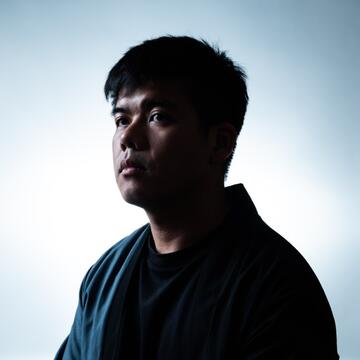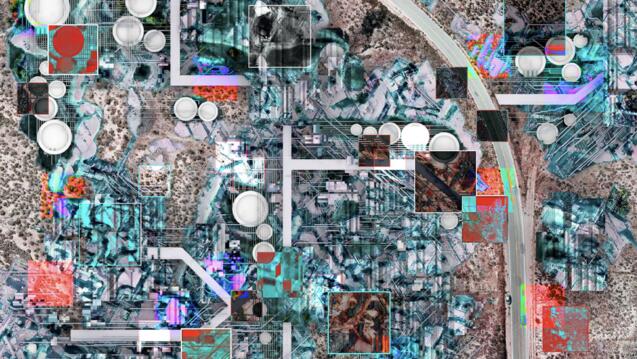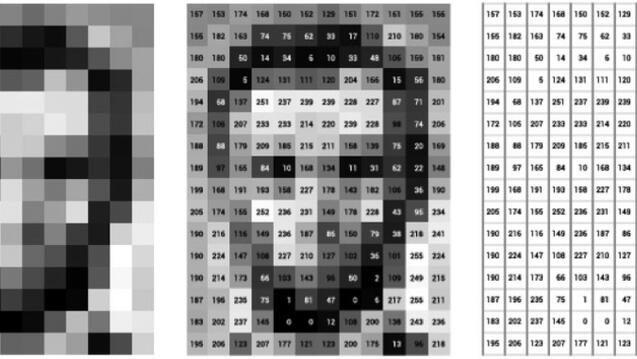
Jimmy Wei-Chun Cheng

Jimmy Wei-Chun Cheng is a designer, researcher and educator. Prior to joining Carnegie Mellon University, Cheng served as an instructor of studios, workshops and seminars at Boston Architectural College, Rhode Island School of Design and the Architectural Association Visiting School. From 2019 to 2021, he practiced architecture as a project designer in Tokyo with junya ishigami associates and Sou Fujimoto Architects.
Cheng’s research investigates how technique, medium and technology transform the architectural design process, with a particular emphasis on digital representation in the context of artificial intelligence (AI). His work delves into how AI affects the meaning of language, imagery and form, analyzing these impacts through the frameworks of semiotics, media theory and simulation.
Cheng holds a Bachelor of Science in Architecture and Urban Design from the Chinese Culture University in Taiwan, a Master of Architecture from the Rhode Island School of Design, a Master of Science in Architectural Technologies and a Master of Science in Design Theory and Pedagogy from the Southern California Institute of Architecture (SCI-Arc), where he received the Hsinming Fung + Craig Hodgetts Postgraduate Thesis Prize.
NEWS
March 25, 2025: Special Faculty Jimmy Wei-Chun Cheng presents the paper, “Customize3DForm: Introducing human subjectivity to objective objects using text-based generative pipeline,” at CAADRIA2025, taking place March 22-29, 2025, in Tokyo, Japan.
Fall 2024 Teaching
This course prepares students for modeling geometry through the scripted development of parametric schemes, primarily for design applications. The goal of the course is to introduce students to basic scripting in a geometrical modeling environment with a focus on form-making algorithms, and to reinforce and extend basic concepts of parametric modeling.
This course integrates computer vision and generative AI for students in architecture, urban design, sustainable design and related fields. It covers fundamental image processing and generative AI concepts like generative adversarial networks (GANs) and diffusion models.

